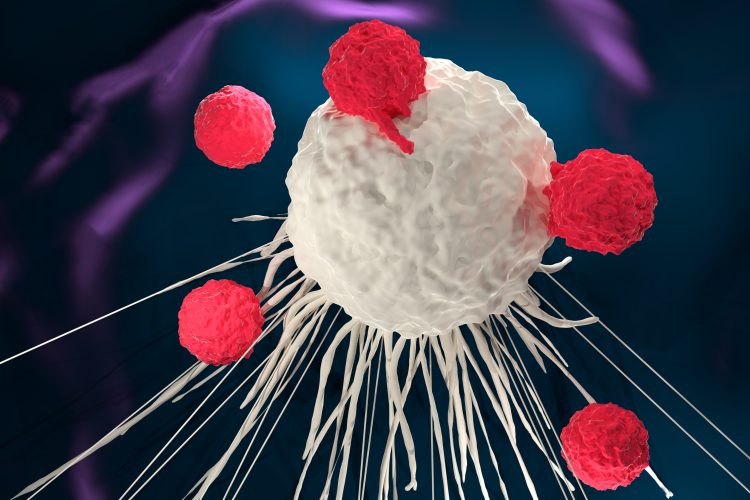Researchers find VISTA molecule silences immune system against cancer
Posted: 17 January 2020 | Hannah Balfour (Drug Target Review) | No comments yet
A new study shows that the VISTA molecule stops the immune system responding to self-antigens, including those presented by cancer cells, so an anti-VISTA antibody could be a possible therapy.


Researchers have identified several molecules that act as immune system regulators which are commonly hijacked by cancer cells to prevent immune attack. One of the targets identified is V-domain Ig suppressor of T-cell activation (VISTA).
“We have learned that keeping your immune system quiet is a challenging and very active process,” said Dr Randolph Noelle, Professor of Microbiology and Immunology at Dartmouth’s Geisel School of Medicine and member of the Immunology and Cancer Immunotherapy Research Program at Dartmouth’s and Dartmouth-Hitchcock‘s Norris Cotton Cancer Center.
In their latest study published in Science, the researchers describe how VISTA controls immune T-cell responses.
“VISTA mediates immune system function and its loss can result in the development of unwanted immune responses. But VISTA may also be a valuable target in regulating the immune response in cancer and autoimmunity,” explained Noelle.
VISTA keeps the immune system’s T-cell compartment passive and prevents activation of the immune system to self-antigens, including those presented by developing cancer cells. “Like other negative checkpoint regulators, blocking VISTA in cancer may enhance the host’s ability to make protective tumour-specific immune responses,” said Noelle.
Currently entering Phase I clinical trials in cancer patients is an antibody specific to VISTA. The researchers hope this antibody will be valuable in the development of further drugs and vaccines as therapies for cancer.
Related topics
Antibodies, Disease Research, Drug Development, Drug Leads, Drug Targets, Immuno-oncology, Immunotherapy, Oncology
Related conditions
Cancer
Related organisations
Dartmouth's and Dartmouth-Hitchcock's Norris Cotton Cancer Center, Dartmouth's Geisel School of Medicine
Related people
Dr Randolph Noelle








